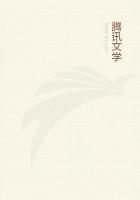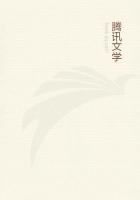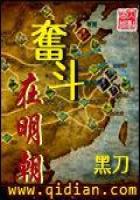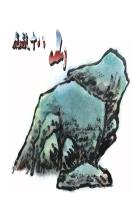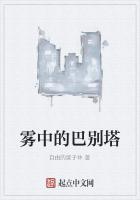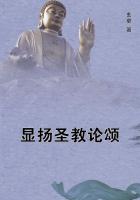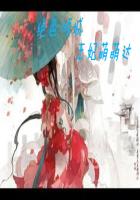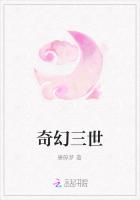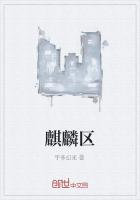>From all this I think it fair to conclude that the catalogues of symptoms attributed in Homoeopathic works to the influence of various drugs upon healthy persons are not entitled to any confidence.
2. It is necessary to show, in the next place, that medicinal substances are always capable of curing diseases most like their own symptoms. For facts relating to this question we must look to two sources; the recorded experience of the medical profession in general, and the results of trials made according to Homoeopathic principles, and capable of testing the truth of the doctrine.
No person, that I am aware of, has ever denied that in some cases there exists a resemblance between the effects of a remedy and the symptoms of diseases in which it is beneficial. This has been recognized, as Hahnemann himself has shown, from the time of Hippocrates. But according to the records of the medical profession, as they have been hitherto interpreted, this is true of only a very small proportion of useful remedies. Nor has it ever been considered as an established truth that the efficacy of even these few remedies was in any definite ratio to their power of producing symptoms more or less like those they cured.
Such was the state of opinion when Hahnemann came forward with the proposition that all the cases of successful treatment found in the works of all preceding medical writers were to be ascribed solely to the operation of the Homoeopathic principle, which had effected the cure, although without the physician's knowledge that this was the real secret. And strange as it may seem, he was enabled to give such a degree of plausibility to this assertion, that any person not acquainted somewhat with medical literature, not quite familiar, I should rather say, with the relative value of medical evidence, according to the sources whence it is derived, would be almost frightened into the belief, at seeing the pages upon pages of Latin names he has summoned as his witnesses.
It has hitherto been customary, when examining the writings of authors of preceding ages, upon subjects as to which they were less enlightened than ourselves, and which they were very liable to misrepresent, to exercise some little discretion; to discriminate, in some measure, between writers deserving confidence and those not entitled to it. But there is not the least appearance of any such delicacy on the part of Hahnemann. A large majority of the names of old authors he cites are wholly unknown to science. With some of them I have been long acquainted, and I know that their accounts of diseases are no more to be trusted than their contemporary Ambroise Pare's stories of mermen, and similar absurdities. But if my judgment is rejected, as being a prejudiced one, I can refer to Cullen, who mentioned three of Hahnemann's authors in one sentence, as being "not necessarily bad authorities; but certainly such when they delivered very improbable events;" and as this was said more than half a century ago, it could not have had any reference to Hahnemann. But although not the slightest sign of discrimination is visible in his quotations,--although for him a handful of chaff from Schenck is all the same thing as a measure of wheat from Morgagni,-- there is a formidable display of authorities, and an abundant proof of ingenious researches to be found in each of the great works of Hahnemann with which I am familiar."[Some painful surmises might arise as to the erudition of Hahnemann's English Translator, who makes two individuals of "Zacutus, Lucitanus," as well as respecting that of the conductors of an American Homoeopathic periodical, who suffer the name of the world-renowned Cardanus to be spelt Cardamus in at least three places, were not this gross ignorance of course attributable only to the printer.]
It is stated by Dr. Leo-Wolf, that Professor Joerg, of Leipsic, has proved many of Hahnemann's quotations from old authors to be adulterate and false. What particular instances he has pointed out I have no means of learning. And it is probably wholly impossible on this side of the Atlantic, and even in most of the public libraries of Europe, to find anything more than a small fraction of the innumerable obscure publications which the neglect of grocers and trunkmakers has spared to be ransacked by the all-devouring genius of Homoeopathy. I have endeavored to verify such passages as my own library afforded me the means of doing. For some I have looked in vain, for want, as I am willing to believe, of more exact references.
But this I am able to affirm, that, out of the very small number which I have been able, to trace back to their original authors, I have found two to be wrongly quoted, one of them being a gross misrepresentation.
The first is from the ancient Roman author, Caelius Aurelianus; the second from the venerable folio of Forestus. Hahnemann uses the following expressions,--if he is not misrepresented in the English Translation of the "Organon ": "Asclepiades on one occasion cured an inflammation of the brain by administering a small quantity of wine."
After correcting the erroneous reference of the Translator, I can find no such case alluded to in the chapter. But Caelius Aurelianus mentions two modes of treatment employed by Asclepiades, into both of which the use of wine entered, as being in the highest degree irrational and dangerous." [Caelius Aurel. De Morb. Acut. et Chron. lib. I. cap. xv. not xvi. Amsterdam. Wetstein, 1755.]
In speaking of the oil of anise-seed, Hahnemann says that Forestus observed violent colic caused by its administration. But, as the author tells the story, a young man took, by the counsel of a surgeon, an acrid and virulent medicine, the name of which is not given, which brought on a most cruel fit of the gripes and colic.

